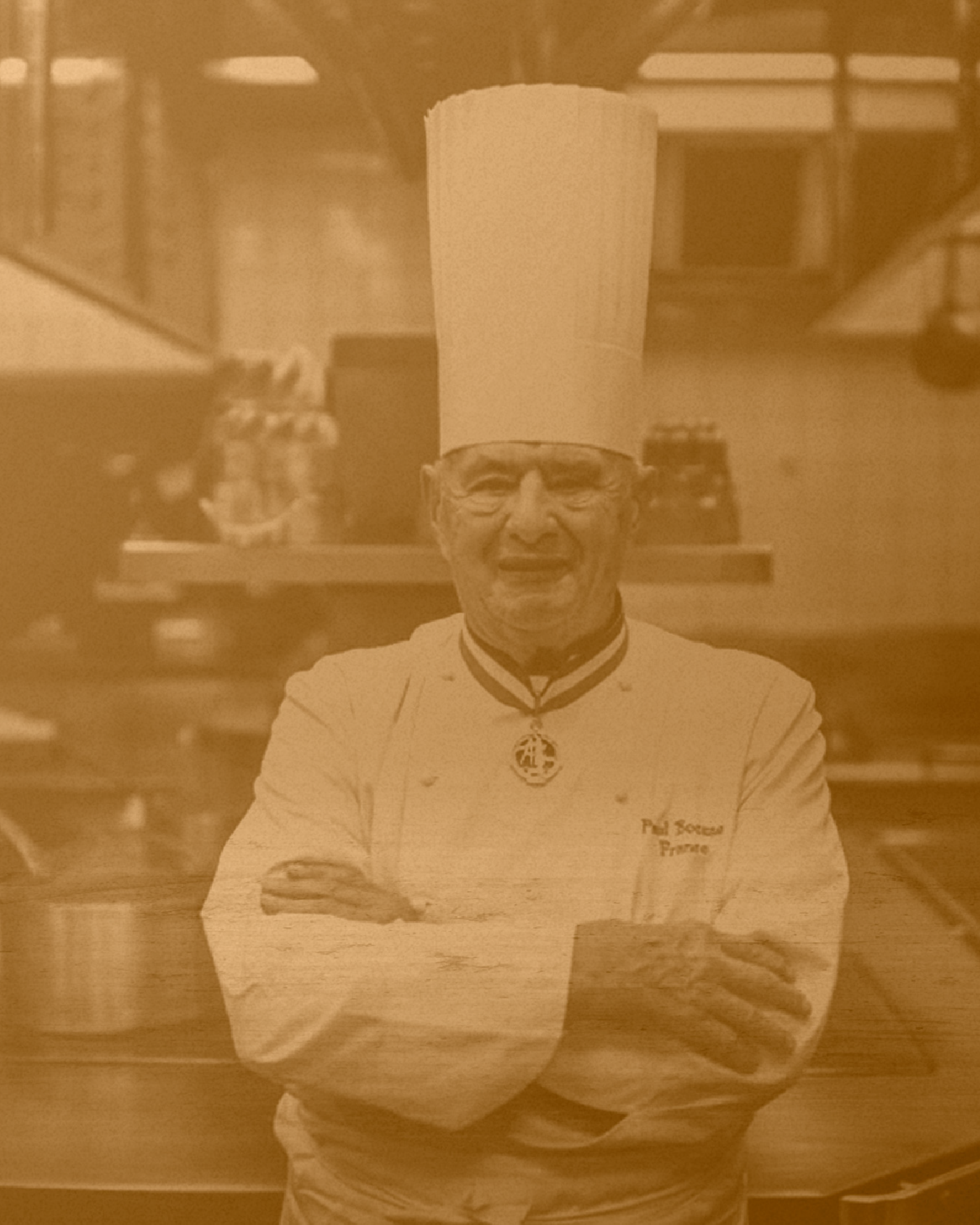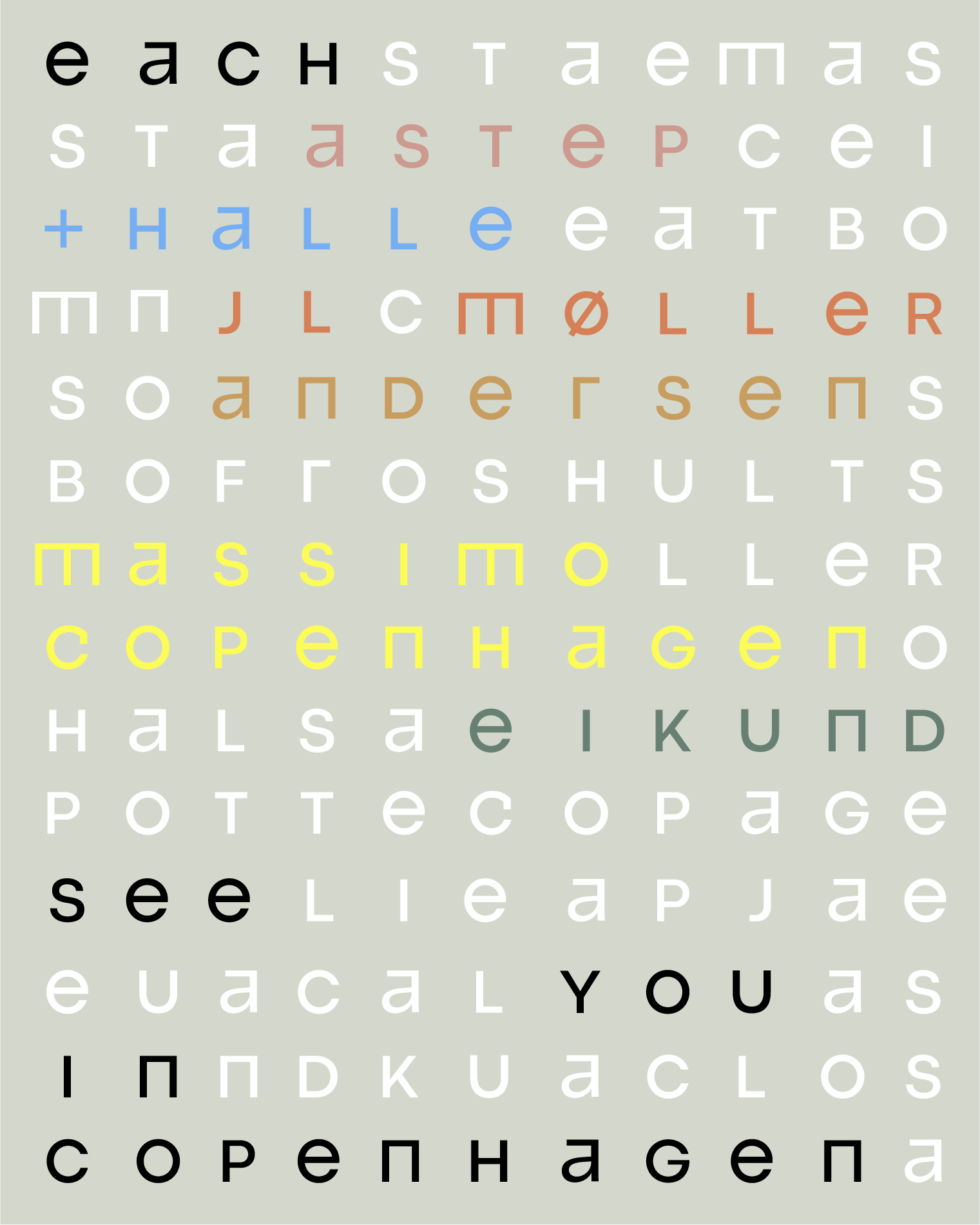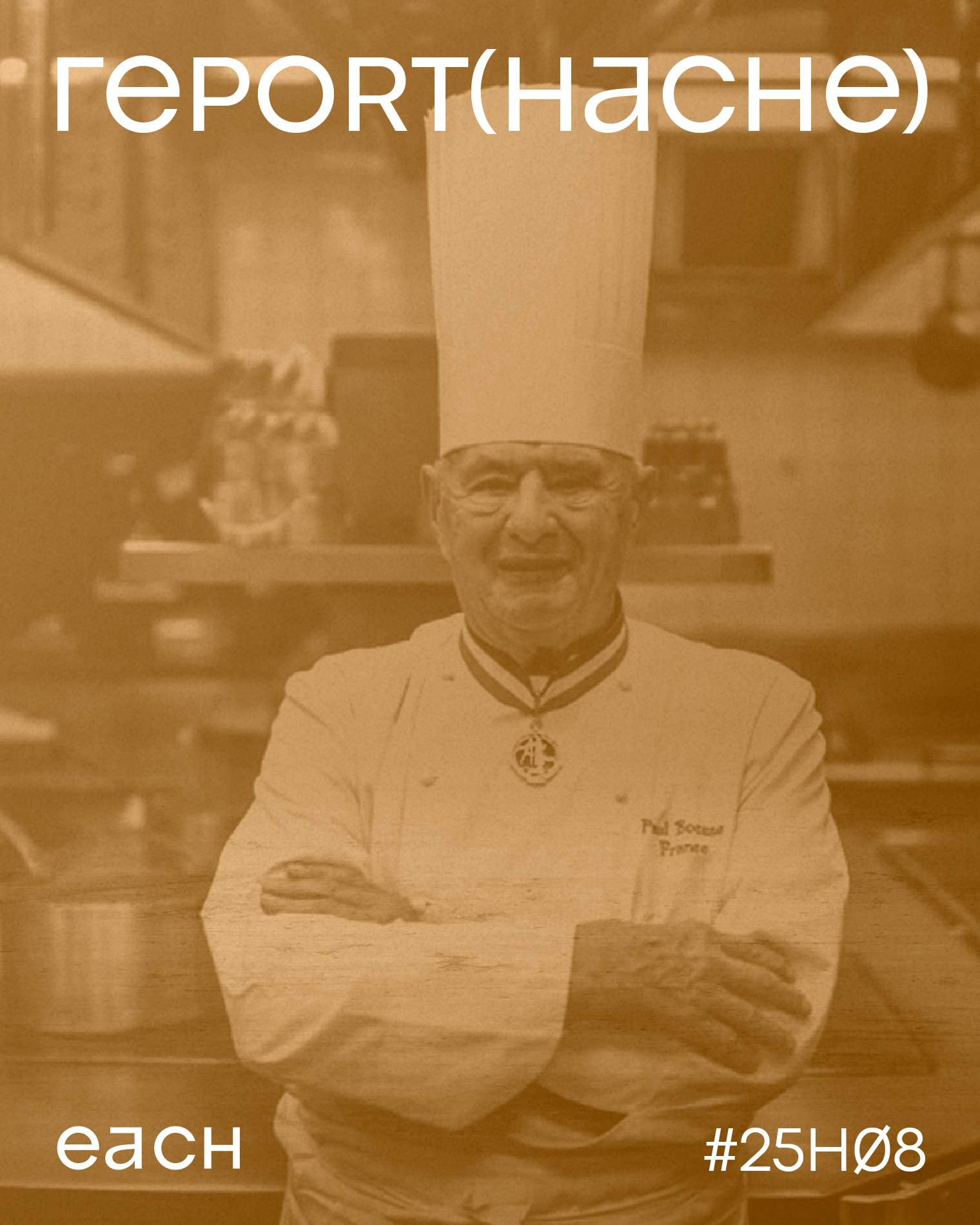
The cuisine that inspires
Paul Bocuse transformed gastronomy not only with technique, but with a modern vision. He revolutionized traditional cuisine without losing respect for its roots. With nouvelle cuisine, he proposed a lighter, more authentic, and honest way of cooking—a language where the product was the protagonist, and simplicity in preparation was a form of refinement.
His legacy goes beyond the kitchen. Bocuse elevated the role of the chef to that of a creator—someone who not only executes, but expresses, who tells stories through flavors, aromas, and the impeccable presentation of each dish. His cooking had something hard to explain but easy to feel: balance, truth, and emotion.
He celebrated French tradition, but reinvented it through innovation. Paul Bocuse understood that true modernity is born from honoring roots—not forgetting them. For him, classic recipes were a starting point for innovation. He elevated the humblest ingredients with mastery, proving that true creativity is born from simplicity.
“The art of cooking is making the complex simple.” That was his philosophy—a way of understanding cuisine through creativity defined by the chef himself. Bocuse cooked to move the palate.
For him, cooking was also an act of generosity. A form of hospitality, an excuse to come together. It was also a new form of cultural expression—an intimate and personal gesture that became collective when guests enjoyed his creations. Serving a dish was not just about nourishment, but about offering an experience. One that had to be real, sincere, personal… and unforgettable.
His legacy extends beyond recipes or his iconic restaurant. It is an inspiring foundation that has become the base of modern cuisine. Nouvelle cuisine was more than a trend—it was a philosophy: flavors and ingredients at the heart of an approach that united art and technique.
Related posts




